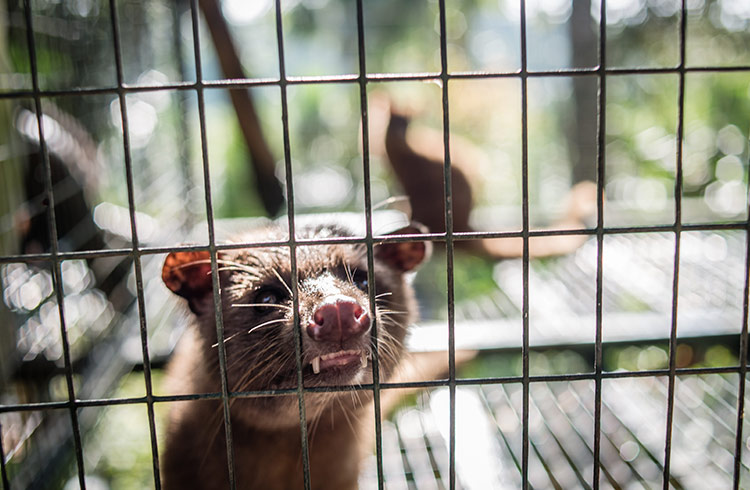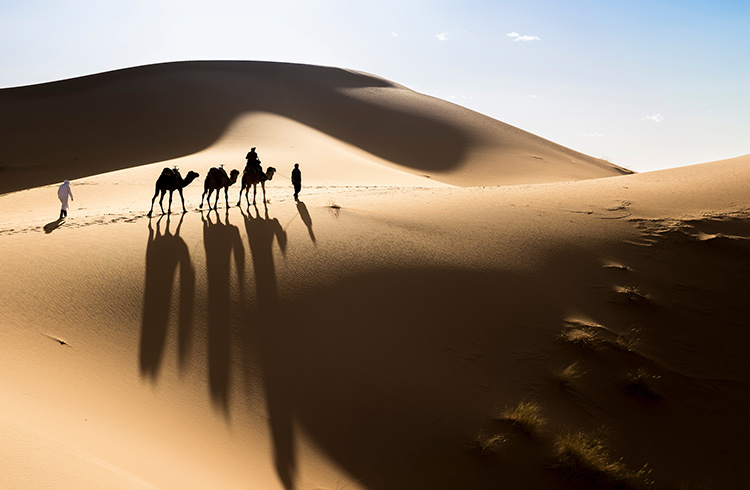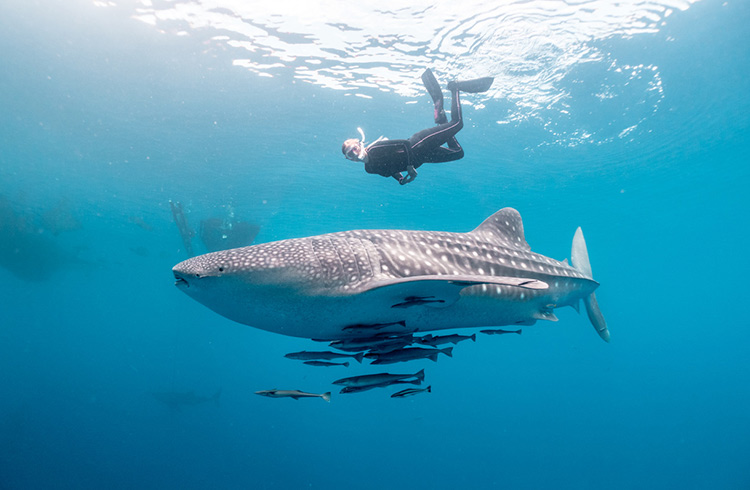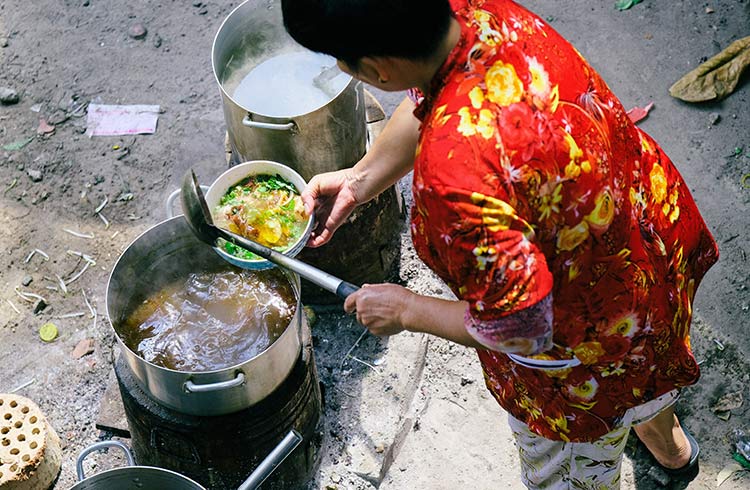Why Travelers Should Avoid Drinking Cat Poo Coffee
A cup of civet coffee on your travels may seem harmless, but for the animals involved it can mean a lifetime of misery.
 Photo © Getty Images / NurPhoto
Photo © Getty Images / NurPhoto
From life-changing ventures to novelty activities, traveling is a way to collect stories and learn about other parts of the world. But when we choose to take part in these experiences, it’s important that we ask the question ‘is this ethical?’ – even when it comes to something as simple as a cup of coffee.
In Southeast Asia, particularly Vietnam and Indonesia, it’s popular for travelers to buy a cup of civet coffee, also known as kopi luwak, made from coffee beans that have been partially digested and – ahem – ‘pooped’ out by civet cats.
The novelty lies in its expensive price tag and unique processing method: a single cup can set you back anywhere between $35 and $80. Sounds strange, right? But what may sound like a quirky and harmless experience is actually causing a great deal of suffering to the animals involved. Here’s what to consider when you see ‘cat-poo coffee’ for sale.
- Where did civet coffee come from?
- What are civet coffee farms?
- Should you drink civet coffee at all?
Where did civet coffee come from?
Found in Southeast Asia and sub-Saharan Africa, civets are shy, solitary, nocturnal creatures with long tails and raccoon-like spots and stripes.
Before the curiosity around civet coffee caught on, wild civets wandered freely around coffee plantations eating coffee cherries. Civets can’t digest the bean of the cherry, so they’d excrete them out with the rest of their droppings. Farm workers would then collect and clean the beans to create kopi luwak. But, as demand for the coffee grew, the animals were poached from the wild and farmed.
What are civet coffee farms?
The animals kept on civet coffee plantations are known to be kept in appalling conditions: they’re confined to small wire cages and fed nothing but coffee beans rather than the diet of insects, fruit and small reptiles they eat in the wild. In part, the animals are kept in captivity for coffee production, but also for travelers who want to interact with them on farm tours.
The living situations of 48 wild-caught civets held at 16 of these farms in Bali were assessed by researchers from Oxford University’s Wildlife Conservation Research Unit and World Animal Protection. The study found the conditions to be inadequate, and every farm failed to meet basic animal welfare standards.
Should you drink civet coffee?
Although wild-sourced coffee does exist, there is no way to tell whether a cup of kopi luwak was made from wild or caged civets. With Tony Wild, the coffee trader who introduced kopi luwak to the West, declaring it is now “practically impossible to find genuine wild kopi luwak”, the chances are high that the coffee you buy will be from civets caged in unpleasant conditions.
So, next time you’re searching for a cup of coffee during your travels, why not leave the ‘cat poo coffee’ on the shelf, and instead opt for a traditional Vietnamese coffee or Indonesian kop turbruk at a fraction of the price, with none of the animal cruelty.
Related articles
Simple and flexible travel insurance
You can buy at home or while traveling, and claim online from anywhere in the world. With 150+ adventure activities covered and 24/7 emergency assistance.
Get a quote


1 Comment
Nice article, and an enjoyable read, but I didn't need an article to tell me that drinking poo coffee is a bad idea! ;)